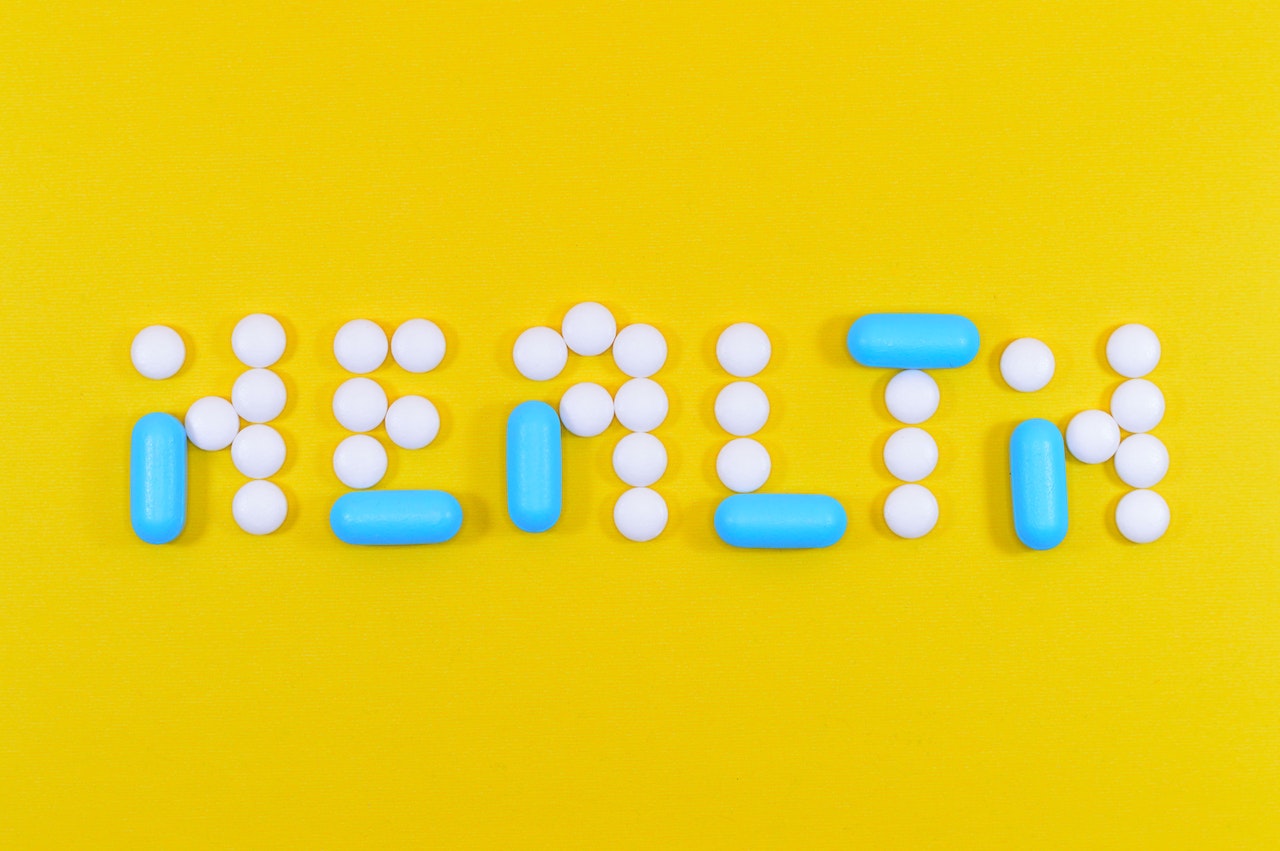
Is This the World’s Most Important Antioxidant?
The world of medicine is exciting and constantly changing.
What was believed to be true yesterday might be proven to be false tomorrow.
This is both good and bad.
It’s bad when you’ve been doing something the wrong way for years thinking it was the right thing to do. You know, like letting the toilet paper come over the top as opposed to doing it the right way and letting it be pulled from the bottom…
On the other hand, there are some truths we know beyond the shadow of a doubt…and knowing these simple truths is a good foundation to help build a solid foundation of health on.
One of those truths is we know the interaction between antioxidants and free-radicals has a predictable outcome.
I talk about antioxidants frequently, but let me give you their textbook definition. ” [Antioxidants are] molecules that inhibit the oxidation of other molecules. Oxidation is a chemical reaction that transfers electrons or hydrogen from a substance to an oxidizing agent. Oxidation reactions can produce free radicals. In turn, these radicals can start chain reactions. When the chain reaction occurs in a cell, it can cause damage or death to the cell.”
And, antioxidants fight free radicals, plain and simple. Free radicals are known to cause a host of problems including inflammation, auto-immune diseases, infections, and others.
That’s why it pays to consume as many antioxidants as you can.
Fortunately, your body produces one of the most important antioxidants all by itself. A
This antioxidant is called glutathione. And, glutathione is incredibly important for general health.
The only problem is there’s a massive, global problem involving glutathione. It’s a problem that has likely contributed to the untimely deaths of millions, and the odds are you suffer from this problem (as 1 in 2 people do).
Guess what? Even though this article is about a problem, I’ve also got a solution to this aggravating problem.
So let’s get into this, shall we?
What is Glutathione, and Are You Missing It?
Glutathione is an antioxidant made inside of your body. Many other antioxidants have to be absorbed into your body via the food you eat. Not glutathione.
Glutathione isn’t an intensely complicated chemical element. It’s simply made of the chemical compounds cysteine, glycine, and glutamine.
What makes glutathione so powerful is it contains sulfur, and sulfur does a wonderful job of attracting harmful elements to it. Once bonded to sulfur, they are removed from your body. Things like heavy metals, free radicals, and toxins will all bond to sulfur and then be moved out of the body.
Now, what’s really fascinating about Glutathione is the body can actually reuse it. The problem though is when the strain of harmful elements in your body is too great, glutathione loses its antioxidant power.
As a result, it can cause negative health consequences to different functions in your body including concerning:
immune health, joint health, infections, blood sugar, developmental health, age-related memory loss, cognitive health, respiratory health, autoimmune health, kidney health, cardiovascular health, liver health, and much more.
So, what causes glutathione to be overwhelmed?
Ultimately, it’s in the inability of our bodies to produce the enzymes necessary to recycle glutathione. Many of our bodies have been bombarded with so many antagonistic chemicals and stresses they’ve simply broken and refuse to recycle glutathione. Kind of like what would happen if you were to attempt to hold 400 pounds on your back (in a deep squat) for 10 minutes and then stand up.
Even if you were quite strong, you would eventually “crack” and be unable to get all the way up.
The genes responsible for making the enzymes that recycle glutathione are known as GSTM1, GSTP1 (among others).
As the environmental stresses have increased, more and more people’s bodies begin to “crack” under the pressure. As a result, more than half of the world’s population is deficient in GSTM1 function. Because of this, the body can’t recycle glutathione, which ultimately leads to any number of illnesses.
Pretty grim picture if you’re trying to stay healthy.
It’s estimated more than 30% of people who suffer from chronic illnesses are missing the GSTM1 gene. Their bodies just don’t produce enough glutathione to move through the body and deliver knockout punches to toxins, free radicals and more.
That’s why, if you can keep your glutathione levels at normal, you’re going to feel a heck of a lot better than if they were to dip below the normal range.
Only a complete workup on your DNA expression will tell you if you’re deficient in these genes. And, while DNA tests aren’t expensive, there are some easy-to-follow moves that can help you fix glutathione levels, regardless if you have the test done or not.
Let me show you.
Glutathione’s Superpower and How You Can Make More Of It
What glutathione does is it takes the load off of other antioxidants when they’re dealing with free radicals.
I really like how one of my favorite physicians, Doctor Mark Hyman, describes glutathione’s role:
Glutathione is critical for one simple reason: It recycles antioxidants. You see, dealing with free radicals is like handing off a hot potato. They get passed around from vitamin C to vitamin E to lipoic acid and then finally to glutathione which cools off the free radicals and recycles other antioxidants. After this happens, the body can “reduce” or regenerate another protective glutathione molecule and we are back in business.
However, problems occur when we are overwhelmed with too much oxidative stress or too many toxins. Then the glutathione becomes depleted and we can no longer protect ourselves against free radicals, infections, or cancer and we can’t get rid of toxins. This leads to further sickness and soon we are in the downward spiral of chronic illness.
What all of this means is glutathione is one of the true superheroes in the health world.
With proper amounts of glutathione in the body, you increase your immunity, help detoxify effectively, help heal sore muscles, get stronger faster, recover quicker, and much more.
It’s that powerful.
And, as I mentioned, if you happen to lack glutathione because of genetic malfunction, it’s not incredibly difficult to get your levels back to where they need to be.
Take a look at how you can boost your glutathione levels.
1. Exercise consistently. Exercising can help your body produce more glutathione.
2. Eat foods that have high amounts of sulfur. Since glutathione is made of sulfur, eating sulfur containing foods will help your body make more glutathione. Try onions, garlic, and any cruciferous vegetables (broccoli, kale, cabbage, collards, cauliflower, watercress, etc.).
3. Take these supplements (all together): N-acetyl-cysteine, Alpha lipoic acid, folate and vitamins B6 and B12, Selenium, Vitamin C, and Vitamin E. All of these supplements are antioxidants in their own right and are hugely important in overall health. With these in your diet, your body will be able to recycle glutathione much more efficiently.
One caveat about supplements is that I want to tell you more about how folate and vitamins B6 and B12 affect glutathione levels.
While this article covers a genetic mis-cue in relation to glutathione levels, you might not know there’s another important and equally devastating genetic mutation you should be made aware of.
I’ll be covering that in the next post, because this post isn’t quite complete without that information…
Bottom line though. If you can boost glutathione levels, it can help boost your overall health.
Talk soon,
Dr. Wiggy
www.HealthAsItOughtToBe.com



